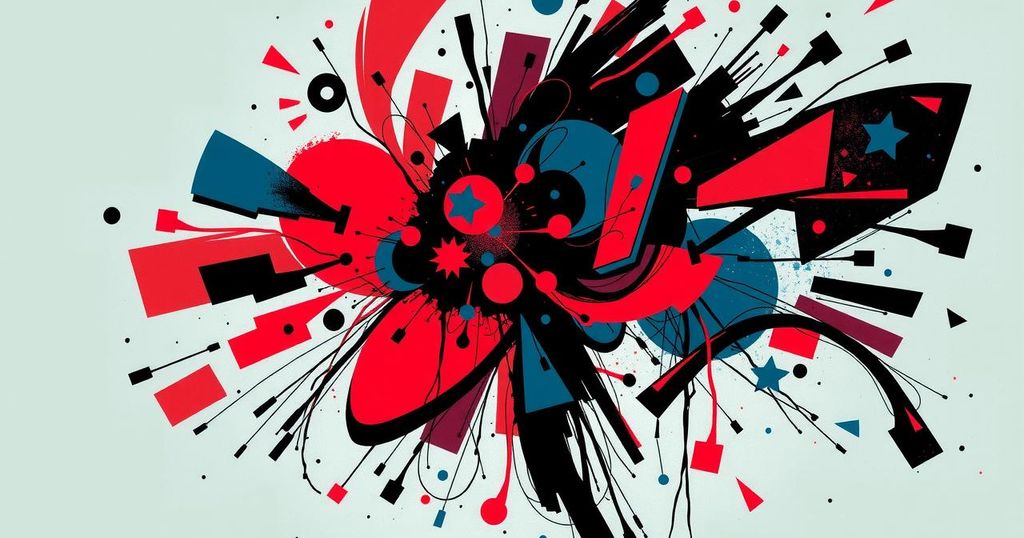The Perils of Relying on AI: A Call for Caution in Creative and Critical Spheres
The article critiques AI-generated content for being soulless and inaccurate, highlighting that, while it has superficial appeal, it undermines true creativity. It presents evidence of AI’s inaccuracies in historical representations and emphasizes the risks of relying on flawed AI information in critical fields. Ultimately, the message is a call for skepticism toward AI’s supposed omniscience.
In the world bustling with artificial intelligence, a roar of discontent rises against its creative outputs. Many find AI-generated content—be it articles, music, or art—underwhelming, despite recognizing its surface-level appeal. The allure of algorithms mimicking human creativity is undeniable, yet it feels soulless, merely echoing the myriad expressions of true human artistry without permission. It’s observed as not just an annoyance but a potential threat to genuine creativity.
AI’s misguided confidence is another bone of contention. While it churns out information with fervor, it often does so with laughable inaccuracies. In casual conversations, a whimsical guess can pass, but when AI’s fabrications are deemed credible in various industries, the stakes rise. This is especially concerning for fields like law or medicine, where precision is paramount, warranting a more critical look at AI-generated content.
Consider the case studies revealing AI’s blunders. One recent examination revealed that the AI’s overview of the Bobby Knight Curse was riddled with inaccuracies—placing Jim Boeheim incorrectly as a successor at Indiana and mischaracterizing various historical facts. Such slip-ups paint a troubling picture for users seeking reliable information.
Further inspection unearthed that even details about the Big Ten Curse were flawed, creating fictional losses that never occurred. The humor intended in sports narratives was lost as AI’s interpretations strayed far from the actual events. These apparent errors raise a larger concern about AI’s reliability and the perceptions of its knowledge.
Reflect on the implications of AI’s spread into various sectors. This deceptively flawed technology might leave decision-makers as confused as a tipsy friend at a party, questioning its competency as a source of trusted information in critical situations.
The critique of AI-generated content emphasizes a potent truth: while fascinating in its capabilities, AI lacks genuine understanding and creativity. Its constructed knowledge often misrepresents facts, posing a risk especially in essential industries where accuracy reigns supreme. As artificial intelligence continues to weave its way into different sectors, the importance of approaching its outputs critically cannot be overstated; after all, we must ensure that the essence of human creativity and reliable information remains intact.
Original Source: www.offtackleempire.com




Post Comment